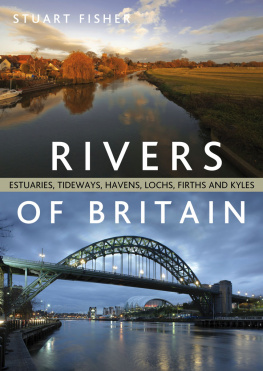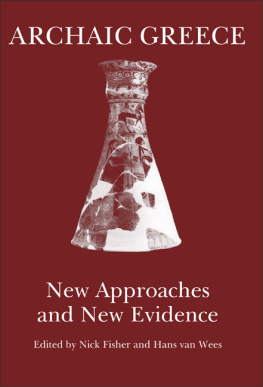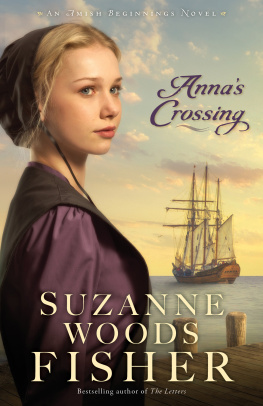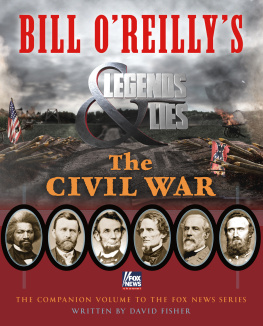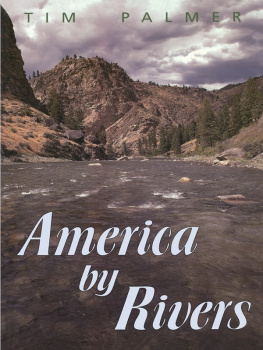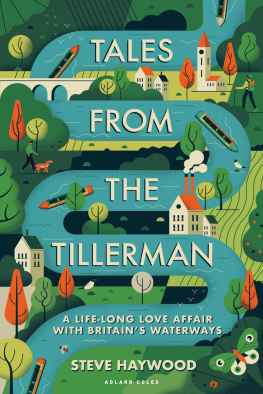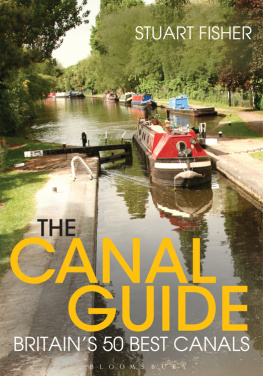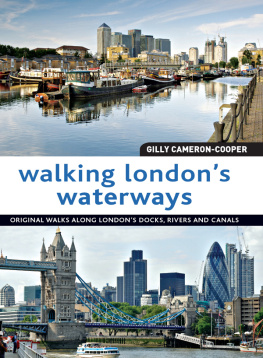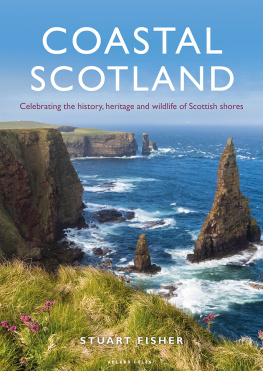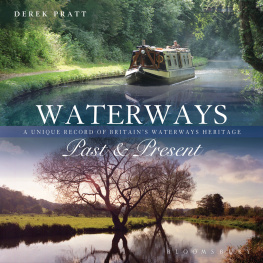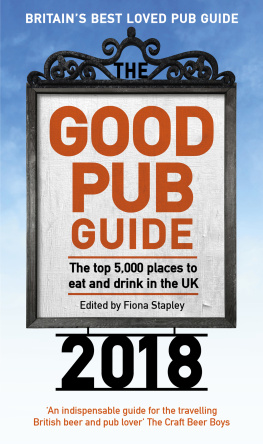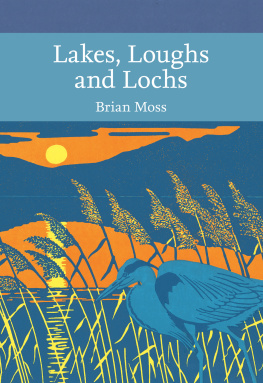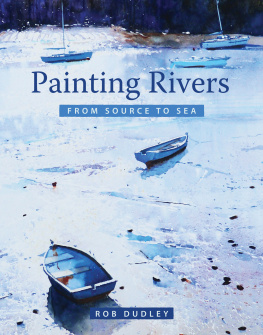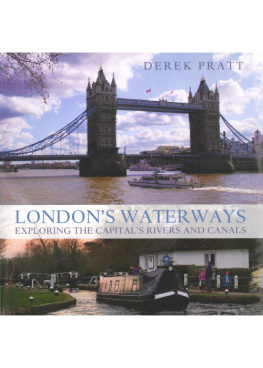
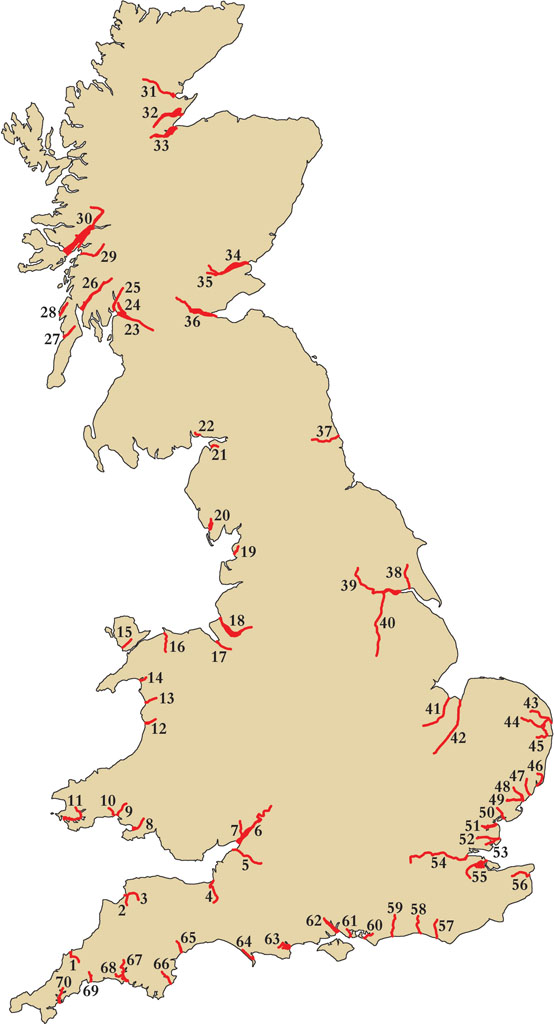
Acknowledgements
from Old Friends by John Betjeman.
from The Revenge by Alfred, Lord Tennyson.
from Troy Town by Sir Arthur Quiller-Couch.
from A Trampwomans Tragedy by Thomas Hardy.
from Bristol by John Betjeman.
from In Memoriam A H H by Alfred, Lord Tennyson.
from Wonderings by John Masefield reproduced by permission of Lisa Dowdeswell for The Society of Authors as the Literary Representative of the Estate of John Masefield.
from Egret on the Loughor Estuary by Caroline Gill reproduced by permission of Caroline Gill.
from Grongar Hill by John Dyer.
The Cleddau by Andrew Woolnough.
from The Bells of Aberdovey by Charles Dibdin.
from Penmaen Pool by Gerard Manley Hopkins.
from The Bard by Thomas Gray.
from The Sands of Dee by Charles Kingsley.
from Ferry Cross the Mersey by Gerry Marsden reproduced by permission of Robert Pratt for Gerry Marsden.
from The Long Drive by John Masefield reproduced by permission of Lisa Dowdeswell for The Society of Authors as the Literary Representative of the Estate of John Masefield.
from Valedictory Sonnet to the River Duddon by William Wordsworth.
from The Outlaw Murray, Anon.
from The Song of the Clyde by R Y Bell.
from The Old Soldier of the Gareloch Head by John Stuart Blackie.
from The Bloody Sarks by Ian Hall.
from Epigram at Inveraray by Robert Burns.
from The Lord of the Isles by Sir Walter Scott.
by John Marsden reproduced by permission of Peter Burns, Birlinn Ltd.
from The Lord of the Isles by Sir Walter Scott.
from The Lord of the Isles by Sir Walter Scott.
from Men of Worth by Archie Fisher.
Anon.
from The Tay Bridge Disaster by William Topaz McGonagall.
from The Lady of the Lake by Sir Walter Scott.
from The Lord of the Isles by Sir Walter Scott.
from The Fog on the Tyne by Alan Hull.
from Come to Britain by A P Herbert.
from Rokeby by Sir Walter Scott.
from Sirena by Michael Drayton.
from Epigram on Rough Roads by Robert Burns.
from Main Drain pumping station, Anon.
from Norfolk by John Betjeman.
from Singing the Fishing by Ewan MacColl reproduced by permission of Kerry MacColl for Ewan MacColl Ltd.
by Hugh Bigod.
from Peter Grimes by George Crabbe.
from An Old World Fairway by Michael Weaver.
from Felixstowe, or The Last of Her Order by John Betjeman.
from Nightmare by Sir W S Gilbert.
from River to River by Martin Newell reproduced by permission of Martin Newell.
from The Battle of Maldon, Anon.
from Punch.
from The Dutch in the Medway by Rudyard Kipling.
from Murder in the Cathedral by T S Eliot.
from Sussex by Rudyard Kipling.
from They Died for England by A F W Eade.
by David King.
Anon.
by James Henry Pye.
from The Dead Quire by Thomas Hardy.
from Moonfleet by J Meade Falkner.
from Exeter by John Betjeman.
Anon.
from Drakes Drum by Sir Henry Newbolt.
The Harbour of Fowey by Sir Arthur Quiller-Couch.
from The Love Gift by John Masefield reproduced by permission of Lisa Dowdeswell for The Society of Authors as the Literary Representative of the Estate of John Masefield.
Every effort has been made to trace authors. A & C Black are happy to correct any error or omission in future editions.
Tidal rivers are a unique part of our waterways system, waters which can be overlooked yet can also be very special places. They are where inland rivers fnally morph into estuaries, tideways, havens, sea lochs, frths and kyles and then into open ocean, sometimes with aspects of both inland rivers and the sea, sometimes with conditions common to neither, but always memorable places.
They can be very different from each other. Such mighty and historically important rivers as the Thames, Medway, Mersey, Tyne and Clyde are worlds apart from small rivers which wind across fat coastal marshes, empty into rocky sea lochs or feed popular holiday inlets in the West Country. Some, such as the Severn and the Dee, have seen major changes to their natures during recent centuries from major transport links to places too silted up for craft of any size.
A surprise might be the number of superlatives related to these tidal rivers. Time after time we meet Britains, Europes or the worlds largest, oldest or other prime example of manmade or natural feature. They are often overlooked wildernesses on our doorsteps. Here are the best of human and natural environments, sometimes masquerading as muddy channels. It would be a mistake to ignore them.
Some can drain at their lower ends to leave water which may be too shallow to use and that is frequently lined with banks of silt, which can make landing impossible. However, all that mud is also a haven for birdlife and there is no better way to see it without causing disturbance than from a boat, from huge focks of waders circling around to individual egrets picking carefully over what morsels are available. Higher reaches can be narrow and tree-lined or edged with reeds, places for more secretive birds to hide. Larger animals can also fnd refuge from people in what can be, literally, a no-mans-land. Walkers and cyclists discover that visiting this environment can be a chance for them to leave the crowds behind, too, and get off the beaten track, perhaps following great embankments all day with just the sea and the broad sky for company, rarely meeting another person.
Yet other people have been here before and places now unimportant can be steeped in history and in stories which may or may not be fully believable. Kings, queens, Prime Ministers and notable names of lesser pedigree turn up in the most unexpected places.
In the way of adventure playgrounds, the lower ends of tidal rivers bring new challenges for users. Inland boaters have to face and be aware of tides and of ocean waves, which create new safety issues. Sometimes sailing in estuaries can also mean interaction with large craft and industrial or naval complexes. The offshore sailor used to the open ocean can be faced with limited channels and swift currents. Rivers can offer shelter from bad weather or can form traps from which it is hard to escape. Narrowing routes can be restricting for those under sail at the same time as avoiding craft restricted to fairways by their size. Once upstream of tidal water there can be a need for licences or matters of private ownership.
Walkers and cyclists also need to be aware of potential issues and sometimes be as informed about tides as are those on the water. Lack of bridges in remoter areas can be restricting, including over side channels. On the other hand, bridges can often be dramatic, some of our most impressive engineering.
Because of unfamiliar problems, estuaries are often ignored by those whose comfort zones restrict them to inland waters or to the open sea. Here there are challenges to be met but here is also a special environment which can be missed all too easily.
Next page
